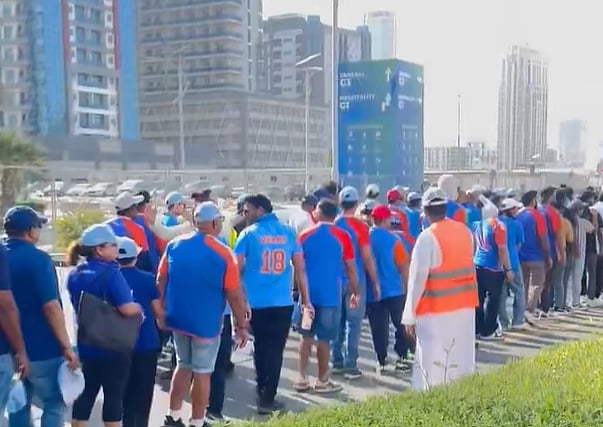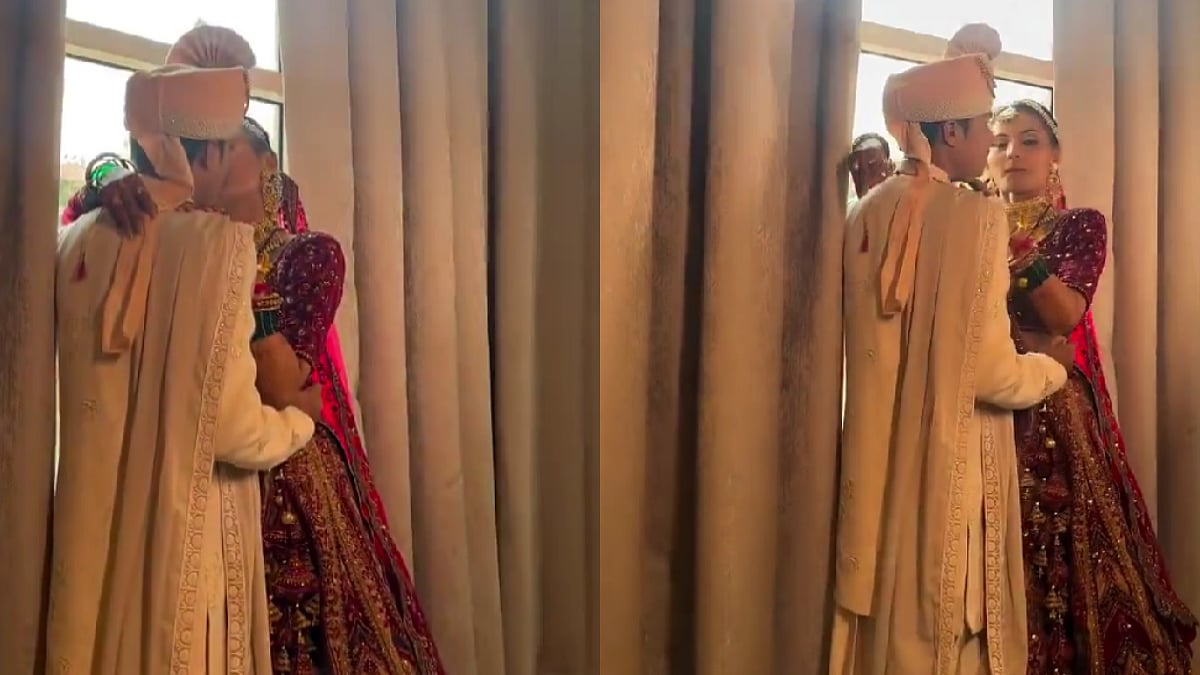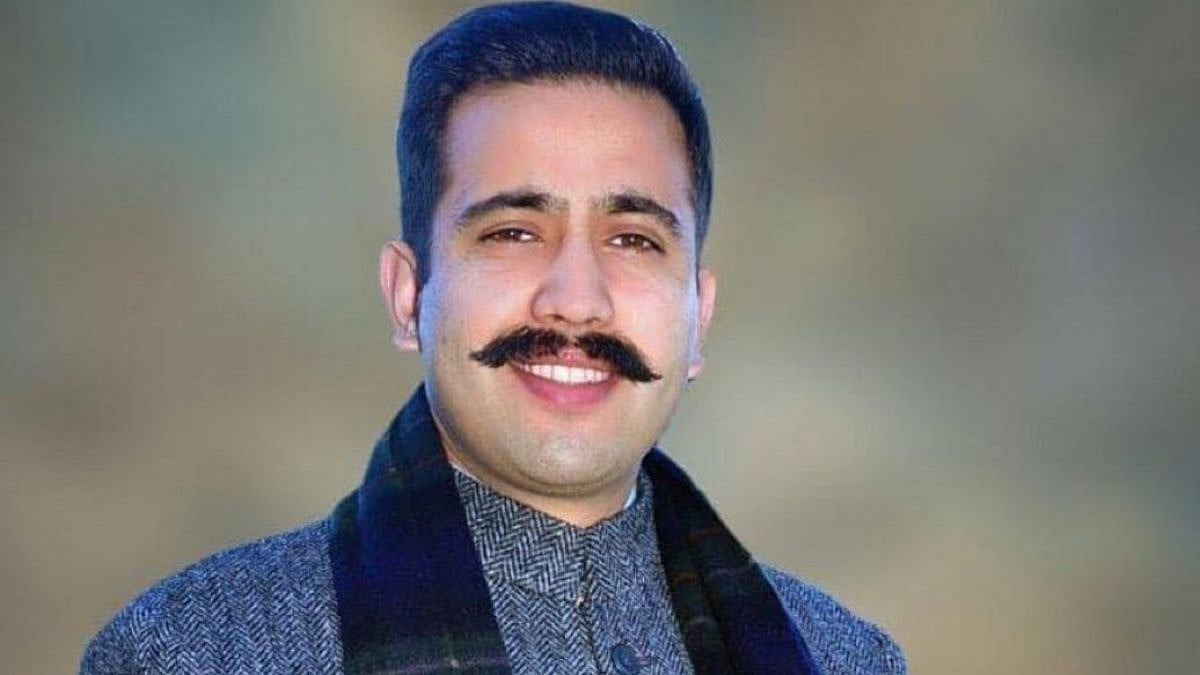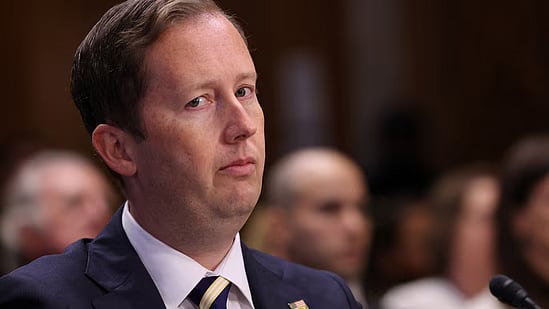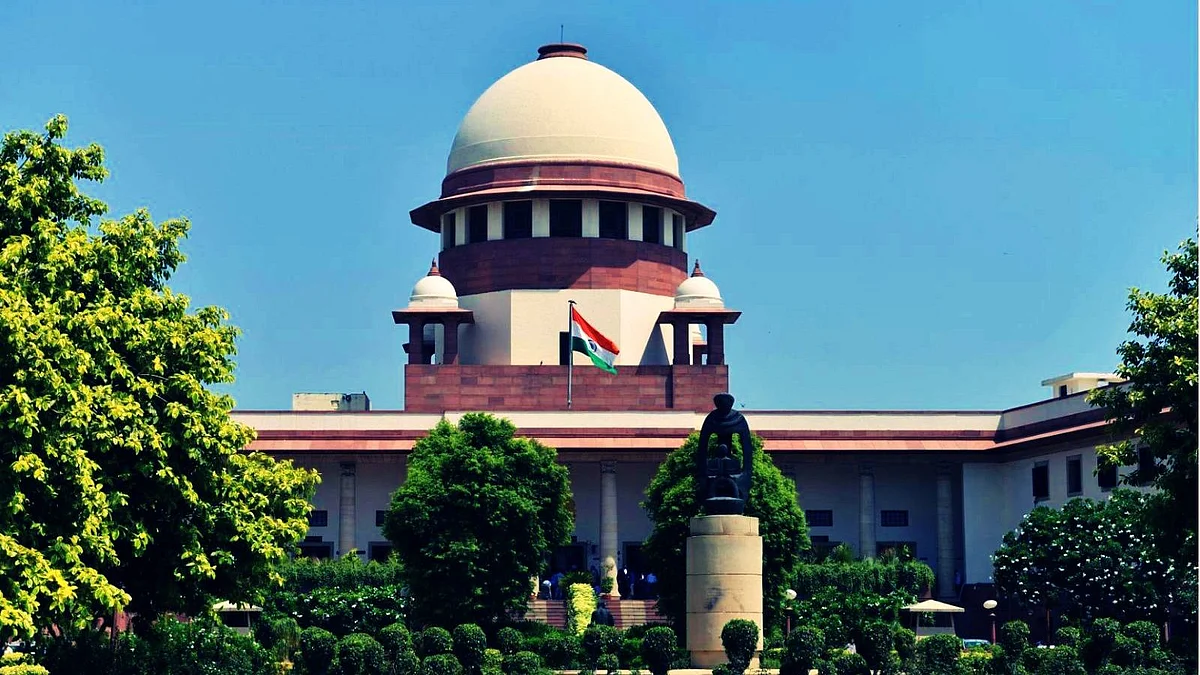When Justice Chandrashekhar Dharmadhikari had gone to seek the blessings of Bhoodan Movement leader Vinoba Bhave on being appointed as a judge of the Bombay High Court, Bhave had told him that judges deliver judgements, but do not necessarily deliver justice.
Justice Dharmadhikari had gone to seek Bhave’s blessings, because being the son of Acharya Dada Dharmadhikari, he had the privilege to meet or play in the laps of Mahatma Gandhi and Vinoba Bhave. As such, he felt he was duty-bound to seek Bhave’s blessings, before sitting on the chair of a judge of the Bombay High Court. Bhave was a man of few words and often used to observe maun (the vow of silence or being muted). So, in that brief message to the designated judge, he conveyed a deep meaning.
Justice Dharmadhikari, who gave numerous judgements with far-reaching consequences, realised the depth of Bhave’s message when he sat in judgment on cases before him. He had stated that often, judges realise that the documents submitted or claims made in courts are not true, but the court goes by the facts before it. Justice Dharmadhikari can be said to have gone the extra mile on several counts and delivered justice to the mentally challenged, women, children, tribals and prisoners among others, through his judgements. Even during the Emergency, he held that a citizen has a right to approach the High Court, as natural and human right to life cannot be taken away. When some other judges of various High Courts in the country gave questionable judgements during the Emergency, Justice Dharmadhikari did not fall in that category.
The Supreme Court judgment on demonetisation needs to be seen in the light of Acharya Vinoba Bhave’s advice to Justice Dharmadhikari. The majority judgement does not fall into the category of giving justice as charcterised by Bhave.
In various judgements in India, in the United Kingdom and the United States of America, dissenting judges have merely mentioned that they dissent, without giving their dissenting view, opinion or interpretation of law.
The dissenting judge, Justice B V Nagarathna, dissected the majority judgement point-by-point and went on to say that on some points the decision of the Government to demonetise the Rs 500 and Rs 1,000 currency notes was unlawful and that proper procedure should have been followed to arrive at such a decision.
She has judiciously analysed the decision to demonetise the currency notes and the procedure adopted while arriving at such a decision. Justice Nagarathna has also commented on the role of Parliament in general and especially on such important matters as demonetisation. Thus Justice Nagarathna has not only given a proper legal argument on how she arrived at the decision to declare the demonetisation unlawful, violating the procedure laid down in law, but she has also opined on the need to seek the view of Parliament on a decision which had a bearing on 86% of the currency notes in circulation.
Justice Nagarathna said in her dissenting judgement, “…..it is observed that on a matter as critical as demonetisation, having a bearing on nearly 86% of the total currency in circulation, the same could not have been carried out by way of issuance of an executive notification. A meaningful discussion and debate in the Parliament on the proposed measure, would have lent legitimacy to the exercise.”
While pointing out that the presumption that when an Ordinance is issued or a Bill is introduced in the Parliament and enacted as a law, it would mean that it has been done by taking into confidence the Members of Parliament, who are the representatives of the people of India, who would meaningfully discuss on the proposal for demonetisation made by the Central Government. Her observation, “In such an event, demonetisation would be by an Act of Parliament and not a measure carried out by the issuance of a gazette notification by the Central Government in exercise of its executive power,” is a subtle message to the Government on the need to acknowledge the role and importance of Parliament, instead of merely following a legal process.
If democracy has to be kept vibrant and has to be made stronger, judges need to introspect their judicial philosophy. It is not necessary that judges — especially of the high courts and the Supreme Court — should follow judicial activism, but they cannot stick only to the interpretation of law, without considering the consequences of the law, an executive order or a judgment. An executive order may be legally valid, but it may have far reaching damaging consequences on the public at large.
Governments, especially those armed with an astounding majority in the legislative bodies, are liable to take decisions that may be within the legal framework, but may go against the Directive Principles mentioned in the Constitution or may not deliver social justice. In such cases, the judiciary cannot afford to stick only to the legal aspects.
Justice Nagarathna referred to the submission on behalf of the petitioner that an article titled “Using Fast Frequency Household Survey Data to Estimate the Impact of Demonetisation on Employment” authored by Mahesh Vyas, Centre for Monitoring Indian Economy (2018) contended that owing to demonetisation there was a substantial reduction in employment, and employment numbers were 12 million lower than two months preceding demonetisation. She noted that the advocate for the petitioner submitted that demonetisation resulted in a loss of millions of jobs.
In the interest of social justice, the Supreme Court could have commented on the impact that demonetisation had on citizens, especially the underprivileged.
In a democracy, the majority wins, but often the minority is right. The same can be said about judgements by division benches of the higher courts.
The author is a senior journalist and media trainer. He tweets at @a_mokashi

